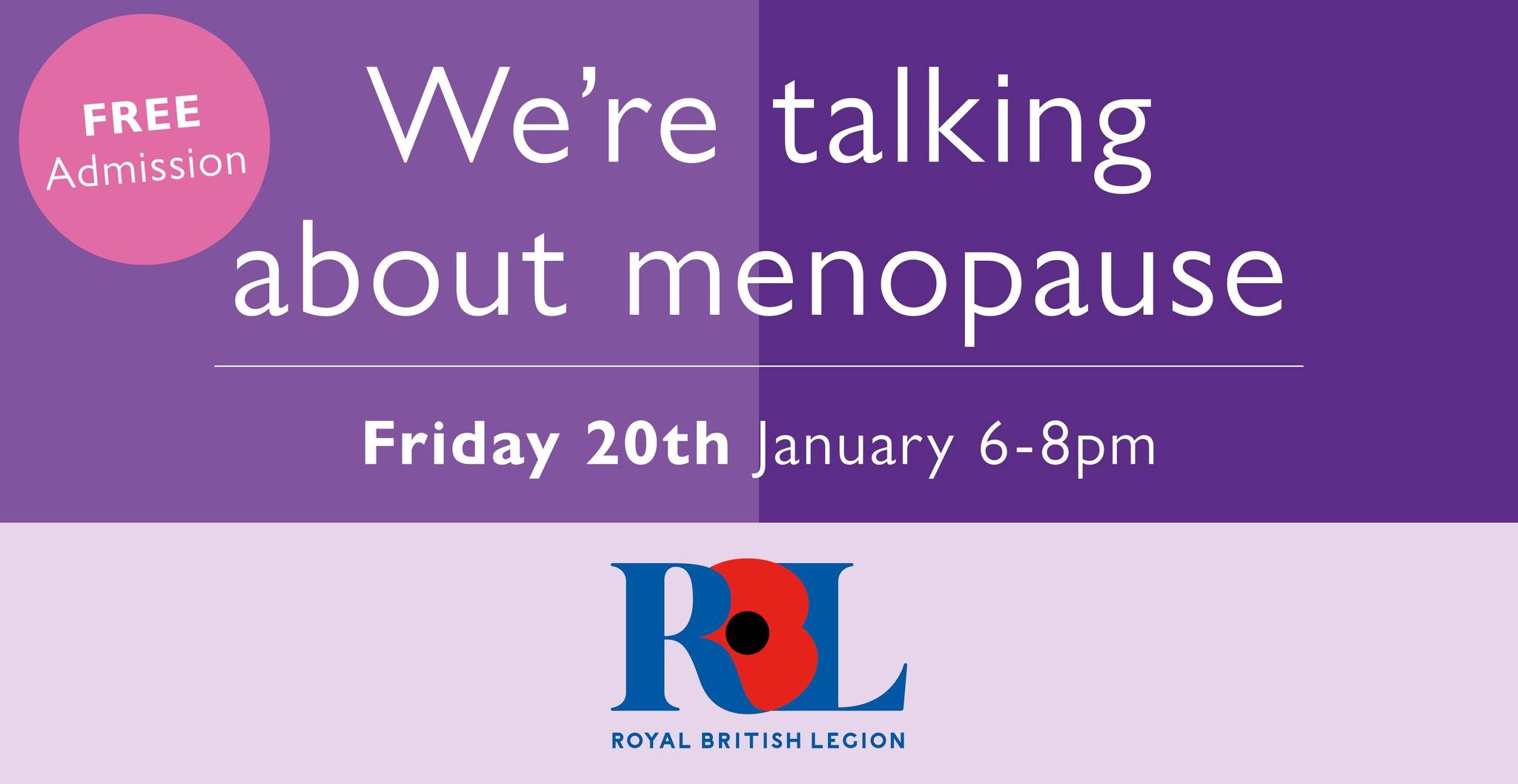Welcome to our latest article from our GP, Dr Olaleye
“The most terrible poverty is loneliness, and the feeling of being unloved…”
Mother Teresa
At this time of the year, life gets busy and there is a frenzy of appointments, shopping, shows, parties, and catch-ups to do
It can be easy to feel left out.
I see you.
This is more common than you can imagine! For many, a combination of physical or mental illness, relationship loss, bereavements, seasonal weather changes can predispose to momentary and sometimes prolonged feelings of loneliness. It is not unusual for people to grieve over the loss of their usual exuberant personality and lose hope! One can feel lonely in a house full of people at Christmas.
A story many will remember is one about David Beckham receiving a red card during a World cup match and being sent out. He recounted how he felt ‘lonely’ in the changing room even when his teammates came back. Unfortunately, the team lost. He was trapped in his own sense of guilt, anger, and fury about what had happened. This must have been a very difficult experience for him on a personal level. Loneliness can be quite a strong unyielding feeling even amidst plenty, as well as nothing. He later reports, "When I look back on my career and talk about regrets, I wish that never happened. But on the flip side, if it didn't happen, I might not have had the career that I had’’.
The feelings of loneliness can be quite intense and make people feel miserable. Really, it can be a cry to be found. It can be turned around for good.
Here is another secret - You are not alone! A lot of people feel that way right now. A loneliness experiment done by BBC showed both young and old people feel lonely, and it is twice as much in younger people. Being aware of this is very important and I would like to offer some strategies that might be helpful when you are in this situation:
● Look around you to find something that connects you to an internal sense of calm - read a poem, sing an old song or hymn you heard when you were a child, find a photo of an artwork, find a wise saying and think about it. A picture on your phone to look at, last thing at night before you try to sleep may be calming too.
● Look for the good in every person you meet - this might be tough! But choose to rise above the negative feelings.
● Find something you are grateful for every day and recognise that time alone can be a positive experience too.
● Move your body by going for a regular walk especially when it is sunny. Consider your posture, practise standing upright, without hunching up your shoulders. Can you do that as you read this article? How does this make you feel? Consider doing more active movements walking, dancing, stretches, yoga etc.
● Talk to friends and family about how you are feeling, let them know you are feeling lonely.
● Tell your story in a different way - write it, paint it, sing it, journal your feelings, don’t keep it in for too long.
● In the winter months, a vitamin D supplement taken daily may help reduce physical fatigue that affects your wellbeing.
There are several meditation and mindfulness apps that may also help you enjoy a sense of calm, help you with being present and being kind to yourself when you have time alone. Here is a link: https://www.calm.com https://themindfulnessapp.com
Let us know if we can help you in anyway - here is a link to our wellbeing team https://www.wepcn.co.uk/health-wellbeing-team
Merry Christmas in Comfort and Good Cheer!
Yours truly
Dr Jaiye Olaleye























